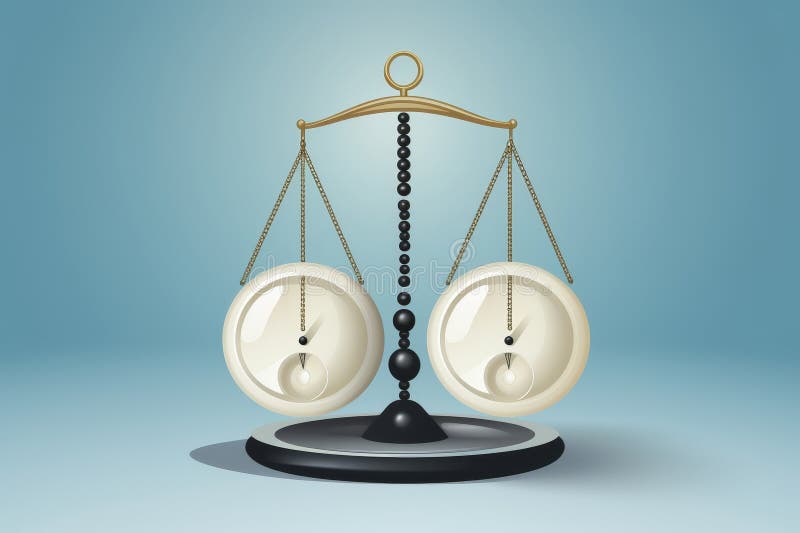The Balance Between Work and Personal Life
Work plays a significant role in our lives. It provides us with a sense of purpose, financial stability, and a way to define ourselves. However, it is essential to recognize that work is not the sole aspect of life. When we neglect time for rest, social connections, and personal growth, even the most fulfilling job can lead to burnout and dissatisfaction.
Finding a balance between professional responsibilities and personal well-being is a challenge many people face. It requires intentional effort and a clear understanding of how to manage time effectively. The question then arises: how can individuals separate their work life from their personal life? And more importantly, how do they prioritize tasks when both areas demand attention?
One approach is to establish clear boundaries. This involves setting specific times for work and sticking to them. For instance, if you have a 9-to-5 job, try to avoid checking work emails or taking calls outside of those hours. Creating a physical and mental separation between work and home can help in maintaining a healthy lifestyle.
Another strategy is to develop a routine that includes time for relaxation and self-care. Engaging in hobbies, exercising, or simply taking a walk can significantly reduce stress levels. These activities allow the mind to recharge and provide a much-needed break from the demands of daily work.
Prioritizing tasks is also crucial. When both work and personal life require attention, it’s important to assess what needs immediate action and what can be postponed. This might involve using tools such as to-do lists or digital calendars to organize tasks efficiently. By focusing on high-priority items first, individuals can manage their time more effectively and reduce the risk of feeling overwhelmed.
Additionally, communication plays a vital role in maintaining balance. Open discussions with colleagues, supervisors, or family members about workload and personal commitments can lead to better understanding and support. Setting realistic expectations and being honest about one’s capacity can prevent unnecessary stress and conflict.
It’s also beneficial to reflect on personal values and goals. Understanding what truly matters in life can guide decision-making and help in making choices that align with long-term happiness. Sometimes, this might mean saying no to certain opportunities or adjusting work schedules to accommodate personal needs.
In today’s fast-paced world, where technology often blurs the lines between work and personal time, it’s more important than ever to be mindful of how we use our time. Taking regular breaks, disconnecting from digital devices, and engaging in meaningful activities can enhance overall well-being.
Ultimately, achieving a balance between work and personal life is an ongoing process. It requires flexibility, self-awareness, and a commitment to personal growth. By implementing these strategies, individuals can create a more harmonious and fulfilling life, where work contributes positively without overshadowing other essential aspects of living.







